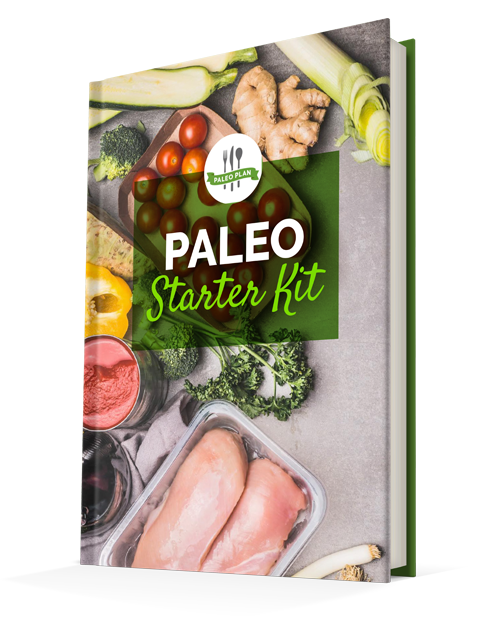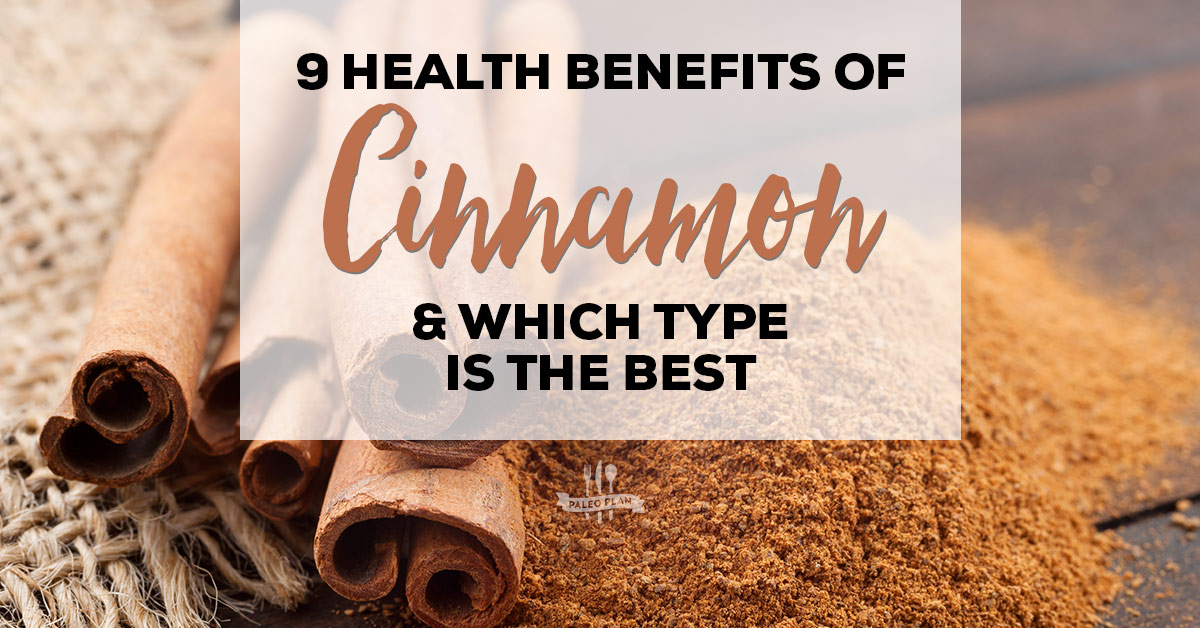
The numerous beneficial effects of Cinnamomum zeylanicum, also known as “True Cinnamon or Ceylon” can positively affect a myriad of health issues.
In traditional medicine, cinnamon is considered a remedy for respiratory, digestive, blood sugar and even gynecological disorders! Cinnamons use dates back to ancient Egypt, where they used cinnamon as an embalming agent, a way to preserve food, and, of course, as a flavoring enhancing spice. (1)
Cinnamon is a spice used by many for cooking and as a seasoning, but this sweet and savory spice has homoeopathic and medicinal roots as well!
The Different Types of Cinnamon

While there are hundreds of types of cinnamon, there are four main types, which include Ceylon, Cassia, Saigon and Korintje, used for everyday use. Overall, approximately 250 species have been identified among the cinnamon genus!
The cinnamon referred to as “true cinnamon” is Ceylon cinnamon. Ceylon cinnamon is commonly used as not only a spice, but also in higher doses for its therapeutic and medicinal properties. Other (less expensive) varieties of cinnamon are generally lumped together and referred to as cassia cinnamon.
Ceylon cinnamon has lower levels of a compounds, called coumarin, than the other varieties of cinnamon. Coumarin has been linked to blood thinning effects as well as liver toxicity, and is prevalent in higher amounts in the three cassia cinnamons. The FDA banned its use after research found it to cause liver damage in laboratory animals. However, coumarin from other natural ingredients found in food is not regulated. The Federal Institute for Risk Assessment concluded that you would need to take about a gram per day, roughly 1,000 milligrams, for six months or longer to be at risk of liver damage. (2)
Cassia cinnamon, also referred to as Chinese cinnamon, can technically refer to any of the other non-Ceylon cinnamons, which include Saigon cinnamon or Korintje cinnamon.
Saigon cinnamon, also referred to as Vietnamese cinnamon, is closely related to Chinese cinnamon. This cinnamon contains around 1 percent to five percent essential oil content and 25 percent cinnamaldehyde in the essential oil, which is the highest of all the cinnamon species. Saigon cinnamon has a volatile oil content of around 7 percent, which gives it a bolder flavor profile. (3)
Korintje cinnamon is spicy and robust, similar to Chinese cinnamon, but it tends to have a smoother taste. Korintje cinnamon accounts for a majority of the cinnamon that is imported into the US and is very commonly used in commercial bakeries, due to its good taste and low cost. (4)
Bottom Line:
When purchasing cinnamon, look for Ceylon cinnamon to get the most health benefits.
Active Compounds of Cinnamon
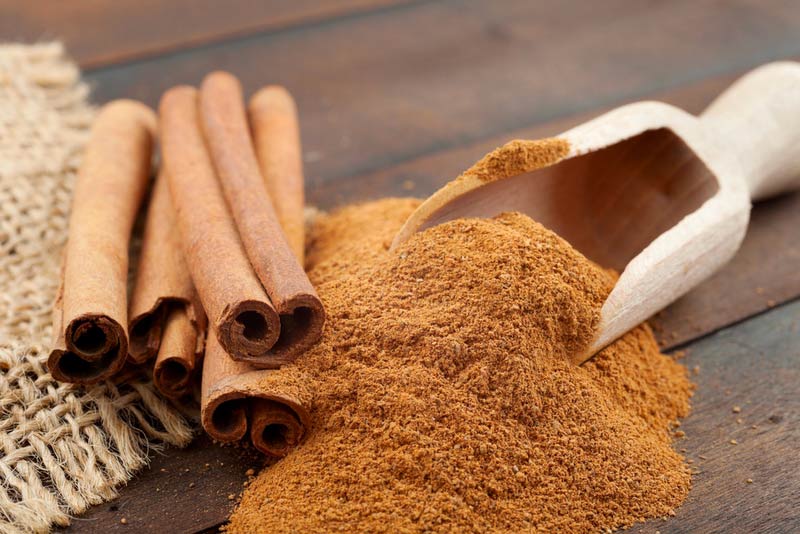
When cinnamon is harvested, the bark is stripped and dried by the sun, which allows the cinnamon to curl into what is referred to as quills. From there, the cinnamon can either be ground into a powder or sold as whole cinnamon sticks.
Ceylon cinnamon contains beneficial nutrients such as manganese, iron, vitamin K, and calcium as well as vital oils and other derivatives, such as cinnamaldehyde, cinnamic acid, cinnamate, cinnamic acid, numerous essential oils, and cinnamate. Some of the most important constituents of cinnamon are cinnamaldehyde and trans-cinnamaldehyde (Cin), which are found in the essential oil. This is what contributes to the amazing cinnamon smell and fragrance as well as the various biological activities observed with cinnamon use. (5)
Cinnamon bark contains procyanidins and catechins, both which possess potent antioxidant activities throughout the body.
In addition to being an antioxidant, anti-inflammatory, antidiabetic, antimicrobial and anticancer spice, cinnamon has lipid-lowering and cardio-protective compounds. Cinnamon can also protect the brain against neurological disorders, such as Parkinson’s and Alzheimer’s diseases.
9 Natural Health Benefits of Cinnamon
Anti-Inflammatory

Inflammation has been found to be the root of over 40 different diseases, such as heart disease, cancer and Alzheimer’s. Research found compounds in cinnamon, particularly the flavonoids, to be effective at reducing inflammatory cytokines throughout the body, such as tumor necrosis factor and LPS. There are several flavonoid compounds that have been shown to induce anti-inflammatory activities. Cinnamon has also been used to benefit other inflammatory-related issues such as muscle pain, PMS pain and even headaches. (6)
Blood Pressure Support
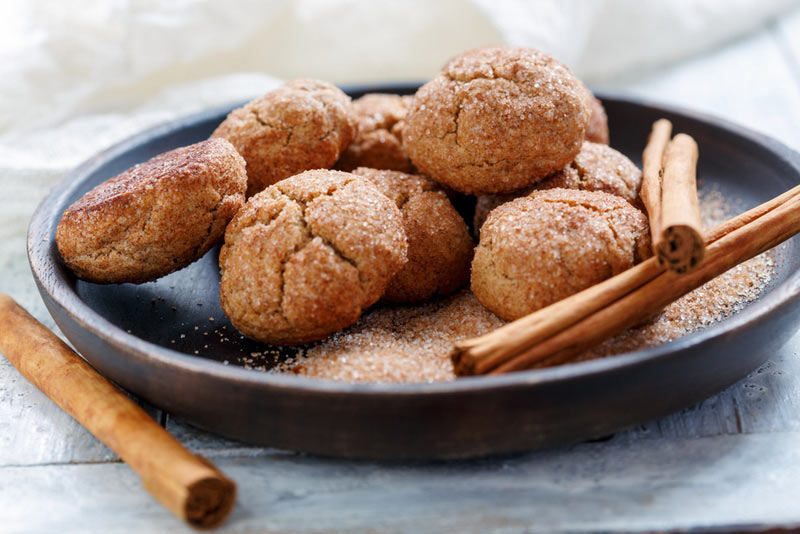
Cinnamon can be used to increase blood circulation, which allows the body tissues to support repair and healing after oxidative and cellular damage. Cinnamon can reduce both systolic and diastolic blood pressure, as well as reduce fasting plasma glucose – two factors that can affect arterial health and blood pressure. (7)
Cognitive Support

Cinnamophilin, a compound found in cinnamon, is a thromboxane A2 receptor antagonist, meaning that it can protect against inflammation in the brain and the entire body. Cinnamon and its metabolite sodium benzoate can upregulate the production of neurotropic factors BDNF (brain-derived neurotropic factors) as well as neurotrophin-3, two markers of neuron health. The use of cinnamon has been found to reduce the formation of beta amyloid polypeptide, which has been linked to cognitive decline and Alzheimer’s. (8)
Blood Glucose Regulation
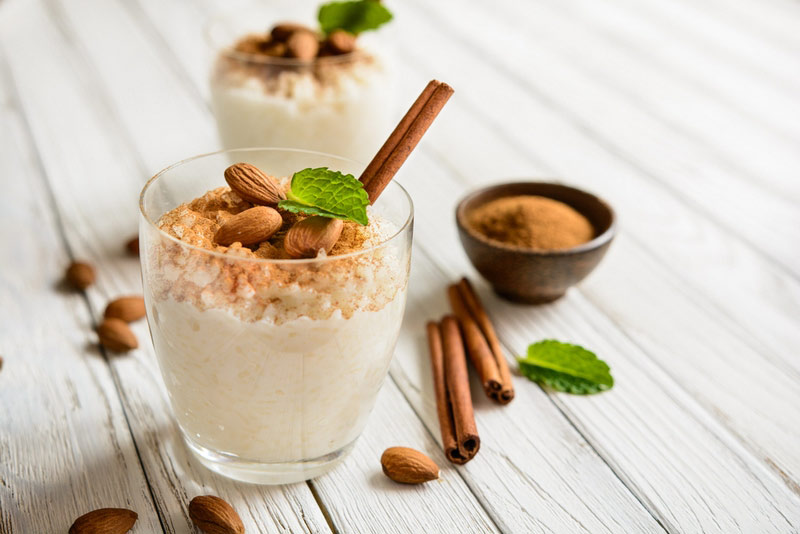
Research is showing as little as ½ teaspoon of cinnamon each day can have positive effects on blood glucose levels. In fact, a study comparing the insulin-potentiating effects of many spices found that the extract of cinnamon was 20-fold higher than the other spices. (9)
Immune Supporting

Cinnamon provides immune support through its ability to reduce free radical damage due to its high antioxidant content. Researchers found over 40 different compounds that can contribute to overall immune health. Cinnamon is ranked number 7 on the ORAC scale, which measures the concentration of antioxidants in different foods! Cinnamon contains polyphenols, phenolic acid and flavonoids, which can support the oxidative stress load in the body. (10)
Cardiovascular Support
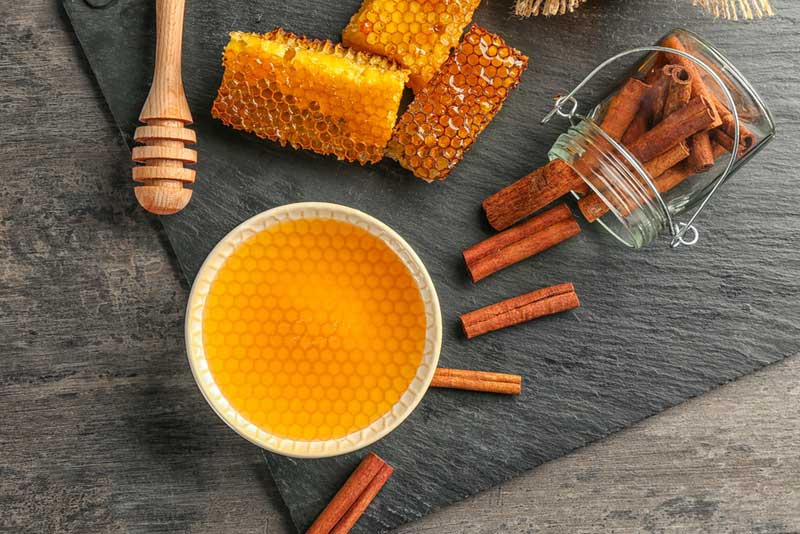
Recent research found the use of cinnamon to be beneficial for various cardiovascular markers such as homocysteine, A1C, triglycerides and both LDL and HDL levels. Other studies reported that 2′-hydroxycinnamaldehyde, which is isolated from cinnamon bark, inhibited the activation of the NF-κB, a potent marker of inflammation throughout the body. These results suggest that cinnamon can be used as an anti-inflammatory and cardioprotective agent. (11)
Antimicrobial & Antifungal

Several antimicrobial compounds in cinnamon were found to be effective on not only various bacterial strains, but also fungus and yeast strains. Cinnamon can have therapeutic benefits against bacteria and fungal strains such as Candida, Staphylococcus and even gram-positive organisms such as Listeria and gram negative organisms like E. coli. (12)
Dental Health

Dental problems, oral microbiota and bad breath can all benefit from the use of cinnamon. The antibacterial properties found in cinnamon can be used to remove harmful bacteria in the mouth without being abrasive to the gums or teeth. Cinnamon can even be used to treat toothaches, mouth sores and general dental health issues. (13, 14)
Digestion Support

Cinnamon extract can be used to relieve abdominal discomfort that may be brought on by excessive gas or bloating. Cinnamon is in the carminative category (much like cardamom, fennel, turmeric and black pepper), meaning it contains an agent that assists in breaking up intestinal gas. This can be beneficial for issues such as diarrhea, morning sickness, GI spasms and calming the stomach overall.
Try making a cup of hot tea with a teaspoon of cinnamon to support digestive ailments such as weak digestive functioning, indigestion and stomach gas.
Ways to Use Cinnamon
There really isn’t a wrong way to use cinnamon! Go ahead and sprinkle it onto your fruit and veggies (it tastes amazing on cauliflower), add it plain water, or add an entire cinnamon stick to a boiling pot of water for a double dose of health benefits! You can even try add brewing cinnamon with turmeric powder, coconut milk, fresh ginger, and pepper to make your own homemade Golden Milk!

